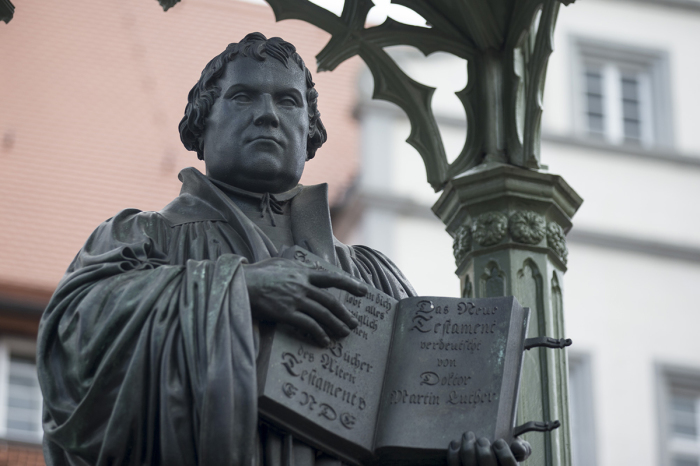
For the first time in modern German history, more Germans identify as religiously unaffiliated than as Roman Catholics or Protestants, according to a new survey published by the Weltanschauungen research group (Fowid) and reported by Evangelical Focus.
The 2024 data reveal that 47% of Germany’s population — an estimated 39 million people — now consider themselves to have no religious affiliation. In contrast, the combined number of Protestants and Roman Catholics stands at 38 million, or 45% of the population.
The shift marks a significant milestone in Germany’s religious landscape and underscores the ongoing decline in membership among the country’s two historically dominant Christian denominations.
Over 1 million church members leave in 2024
In 2024 alone, the Roman Catholic and Protestant churches each recorded the departure of approximately 580,000 members. It was the fourth time in recent years that the two churches combined have lost over one million members within a single year.
Roman Catholics now comprise 24% of the population, while Protestants affiliated with the Evangelical Church in Germany (EKD) account for 21%. According to Fowid, Protestants had seen steeper membership declines in the years leading up to 2020. However, in 2021, 2022 and 2023, the Roman Catholic Church experienced the greater losses, a trend that continued into 2024.
Muslims make up 3.9% of the German population, with other religious communities accounting for 4.1%. The number of Muslims increased by approximately 80,000 last year, with figures based on asylum application data reported in the Federal Office for Migration and Refugees’ 2024 Annual Report.
Few Germans attend services regularly
Beyond affiliation, the survey also tracked church attendance patterns. It found that only 5% of Germans attend a religious service at least once a month.
Among Roman Catholics, 6.6% reported attending monthly services. In the EKD Protestant churches, that figure was significantly lower at 2.3%. By contrast, about 25% of Muslims were reported to attend mosque for Friday prayers or other regular services.
The survey also highlighted higher levels of religious practice among smaller religious communities. While official church members showed relatively low participation, about half of those in smaller faith groups attend services regularly.
Long-term trends continue
Fowid researchers say the data confirm long-term patterns of declining institutional Christianity in Germany. While some segments of the population maintain nominal affiliation, active participation is increasingly rare.
The continued drop in church membership and attendance reflects broader secularization trends across Europe, though Germany’s demographic changes — such as religious diversity through migration — also contribute to the evolving landscape.
The findings illustrate a significant realignment of Germany’s religious identity, with unaffiliated individuals now forming the single largest group, surpassing both Catholic and Protestant adherents for the first time.
This article was originally published by Christian Daily International.
Christian Daily International provides biblical, factual and personal news, stories and perspectives from every region, focusing on religious freedom, holistic mission and other issues relevant for the global Church today.


















